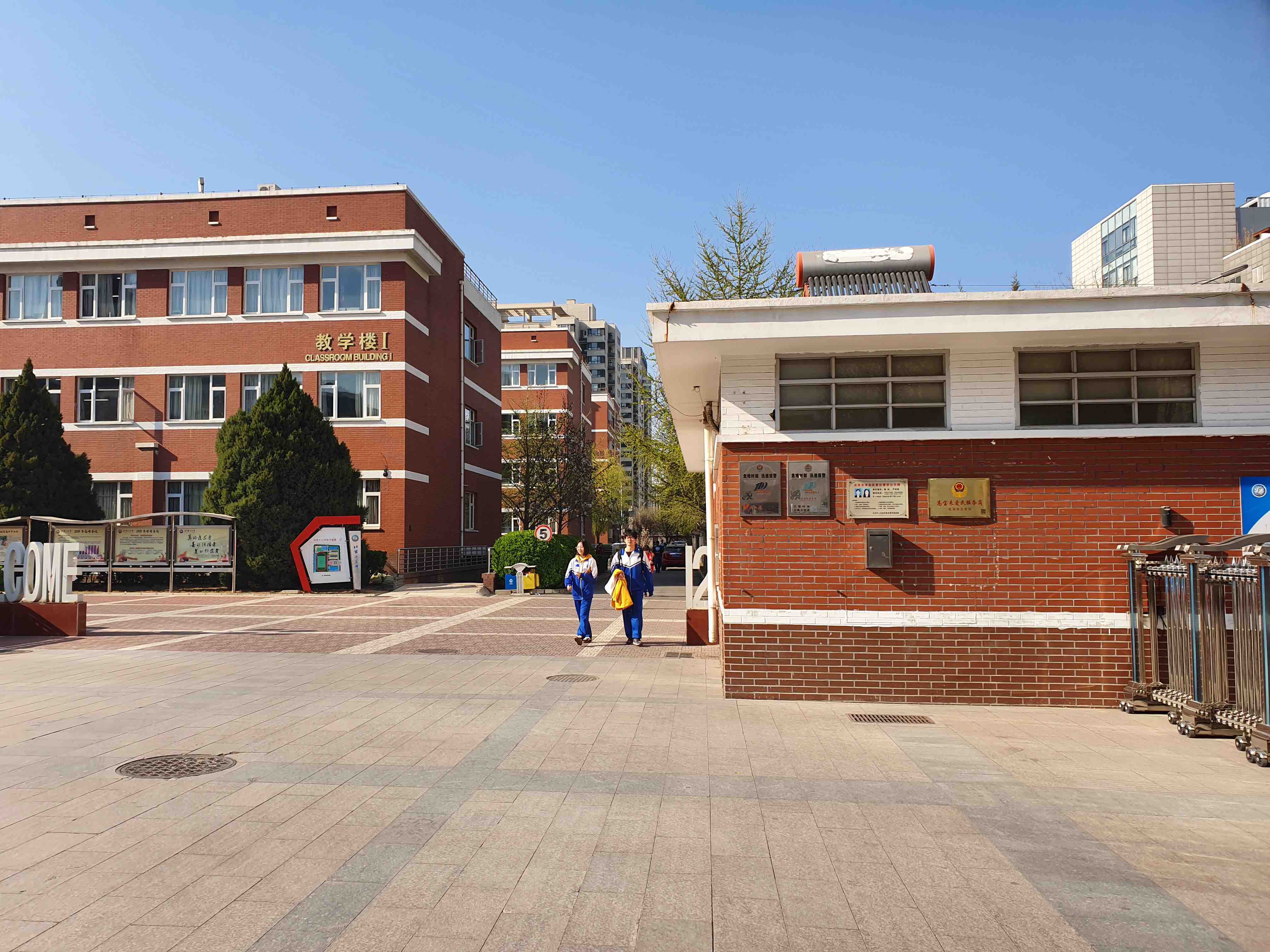The Strict Daily Routine
We would wake up at 5:30 AM every morning. I only had ten minutes to quickly make my bed, wash up, and rush down to the playground for our morning assembly. As a class, we were expected to stand in neat lines while holding papers with text for us to loudly read together. Any student who was unorganized or fell out of line would be punished. After reading, we would slowly jog 800 meters around the playground as a class. Keeping in perfect form and pace the whole time was extremely difficult but necessary to avoid additional running as punishment.

Rigorous Academic Standards
Once morning exercises were complete, we had only 30 minutes for rigorous English and Chinese recitation practice. All students were expected to speak loudly and correctly, or face reprimand from teachers. Then a short 20-minute window was provided for breakfast. However, with so many students, some would get little to no time to eat before classes started. We also had additional 20-minute recitation sessions built into the schedule.
Grueling Class Schedule
Classes would run continuously from 7:10 AM to 12:40 PM, with another session of four classes each in the afternoon and evening as well. To make matters more strenuous, we were required to jog another 800 meters as a class after the first two morning periods. Lastly, any free time was filled with extracurricular activities like singing or exercises before dismissal for the night at 10:10 PM.
Emphasis on Discipline and Obligation
Strict rules were enforced to develop order, punctuality and dedication to academics. However, the gruelling expectations left little time for rest or free thought. Students had to demonstrate perfect conduct and compliance at all times or face consequences like additional physical training. While meant to optimize learning, the atmosphere lacked balance or room for individual needs.
Impact on Well-Being and Development
Under such rigorous demands, maintaining good health and exploring personal interests became near impossible. The persistent stress and lack of downtime also had negative impacts on students’ emotional well-being and social lives. While discipline is important, such an extreme approach failed to consider crucial aspects of adolescent development. A more balanced, holistic model would have been preferable for long-term growth and success.
Alternative Approaches to Education
In conclusion, while the school aimed to achieve academic excellence, the overly strict methodology came at too high a cost to students’ wellness. A less grueling schedule allowing more balanced academics, activities and freedom would still cultivate learning while protecting health. Overall, a progressive approach focusing on the whole child, not just scores, leads to the best long-term outcomes in education.

 Préparer un voyage d'affaires en Chine en 5 étapes
Préparer un voyage d'affaires en Chine en 5 étapes/483556009-56a39c0f3df78cf7727e303e.jpg)